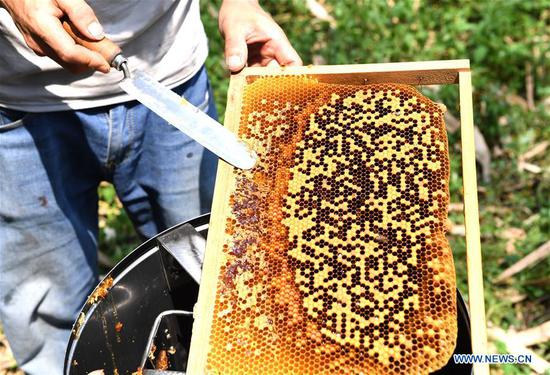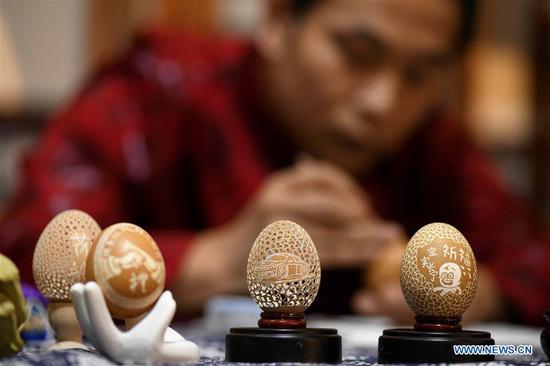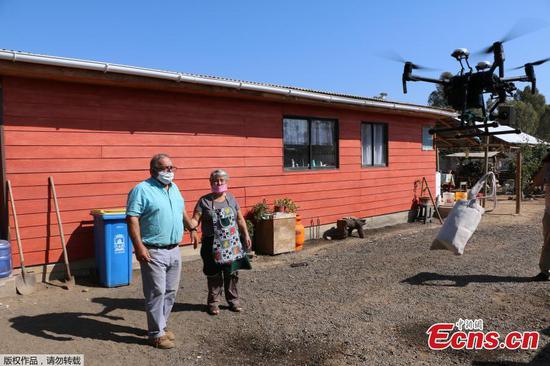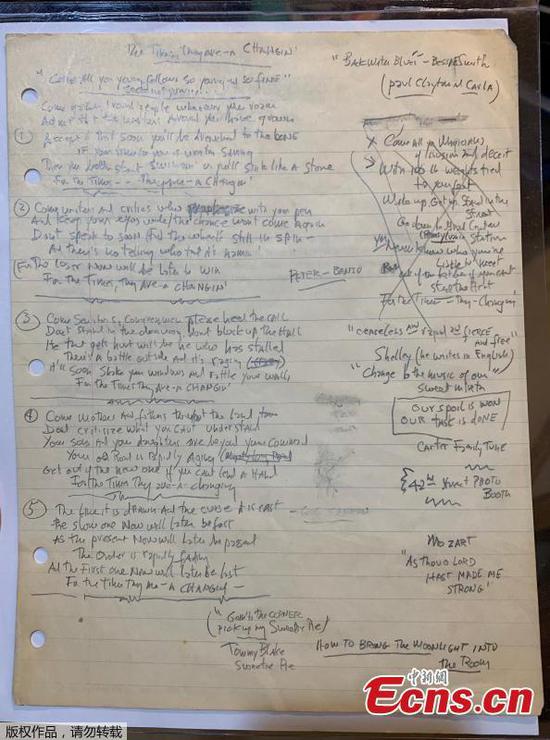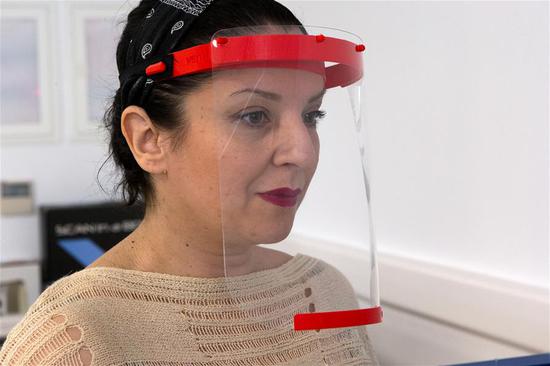French experts have refuted the claim by their colleague and Nobel Prize-winning scientist Luc Montagnier that the novel coronavirus causing the COVID-19 pandemic has been engineered and contains some genes of HIV-1.
Montagnier last week told the French CNews channel: "There was manipulation around this virus ... the coronavirus of the bat, someone added sequences, in particular of HIV, the virus of AIDS ... It is not natural. It's the work of professionals, of molecular biologists ... A very meticulous work."
The French virologist won the Nobel Prize in Medicine in 2008 for his discovery of the human immunodeficiency viruses (HIV).
The hypothesis that a virus was created in a laboratory in Wuhan sounded "a conspiracy vision that does not relate to the real science," said Jean-Francois Delfraissy, an immunologist and head of the scientific council that advises the French government on the COVID-19 pandemic, when interviewed by French television BFM TV.
"Everyone in the scientific community agrees that COVID-19 is a coronavirus. From time to time there are coronaviruses different from the others, as are SARS and MERS with a pathogenicity which has appeared," he added.
Both Severe Acute Respiratory Syndrome (SARS) and Middle East Respiratory Syndrome (MERS) are caused by coronaviruses, and the COVID-19 virus is also known as SARS-CoV-2.
"The world of viruses is a world in perpetual evolution," said Delfraissy, who is also president of France's National Consultative Ethics Committee for health and life sciences. "I rather think that COVID-19 is a coronavirus which had an animal reservoir and passed into humans for reasons that are not well known yet."
For Olivier Schwartz, head of the virus and immunity department of France's Pasteur Institute, studies on the virus's genes show clearly that it was not a virus made by human beings in the laboratory.
"Professor Montagnier spreads whimsical theories," he told the French weekly L'Obs, previously known as Le Nouvel Observateur.
"Sars-CoV-2, the virus that causes the COVID-19 disease, was not created in the laboratory. We see this by studying the genetic heritage of the virus, which has been sequenced by Chinese teams and then verified in many other laboratories, including the Pasteur Institute, which was the first in Europe to do so," said Schwartz.
"This virus is clearly part of the coronavirus family tree. It is close to Sars-CoV-1, with which it has 80 percent homology," he explained.
"Above all, the same virus is found in different animals, in particular the pangolin and the bat. And there, the percentage of similarities is greater than 95 percent. So, by drawing up the family tree of this virus, we know that it is derived from viruses that circulate in nature," he said.
What Montagnier spreads is "fake news" that started in March with a manuscript posted by an Indian team on a website where scientists share ongoing analyses without waiting for expert verification, added Schwartz.
"The Indian team ended up withdrawing their manuscript. My personal opinion is that these Indian researchers were in good faith at the outset in their desire to analyze the genome of the virus, and they realized their error later. But Professor Montagnier has taken up a whimsical theory," he said. Enditem












